Why You Feel Anxious and How To Interrupt the Anxiety Spiral
One of the most common presenting concerns we see at Shoreacres Therapy, is anxiety. Whether it is a university student worried about upcoming exams and meeting parent’s expectations (“Will I let my parents down?”), someone afraid to take that next step in their career (“I’m not smart enough to do this.”), new parents struggling to feel grounded in their day to day parenting decisions (“Should I buy this specific brand of diapers, or another one?”), or an adult anxious the night before a major presentation at work (“I’m going to freeze up”), anxiety is a universal experience.
So why do so many of us feel anxious?
Believe it or not, anxiety is evolutionary and adaptive, meaning our ancestors experienced it, and anxiety actually helped our species survive and thrive. Our ancestors who felt most on edge and on the lookout for threat (i.e., anxious) alerted other more “relaxed” members of the group of said threat, and thus they were able to save lives. While threats to our ancestors certainly differ from the threats faced by modern day humans (we are not often faced with the threat of being attacked by a tiger here in the West), there are a whole slew of other kinds of threats, perceived and real, that we face today.
This is a key point: we can feel a similar level of anxiety regardless of whether the threat is perceived (i.e., in our minds) or real. This is because our minds are great storytellers - we all tend to have vivid imaginations and can imagine scenarios that have not yet occurred.
Let’s pause on this point: I’d like for you to stop reading and take a moment to close your eyes and imagine, as vividly as possible, smelling smoke suddenly in your home and then remembering you forgot to turn the stove off. How might you feel? Typically, it is not hard for us to imagine this kind of scenario, and simply imagining the threat can feel just as real in our bodies as if it were actually happening to us right now.
So how can you learn to take control over your anxiety when it shows up and ultimately feel less anxious? In our next blog post, I will share my favourite tips for managing anxiety.
Author: Dr. Sarah Haller, C. Psych, Clinical Psychologist
